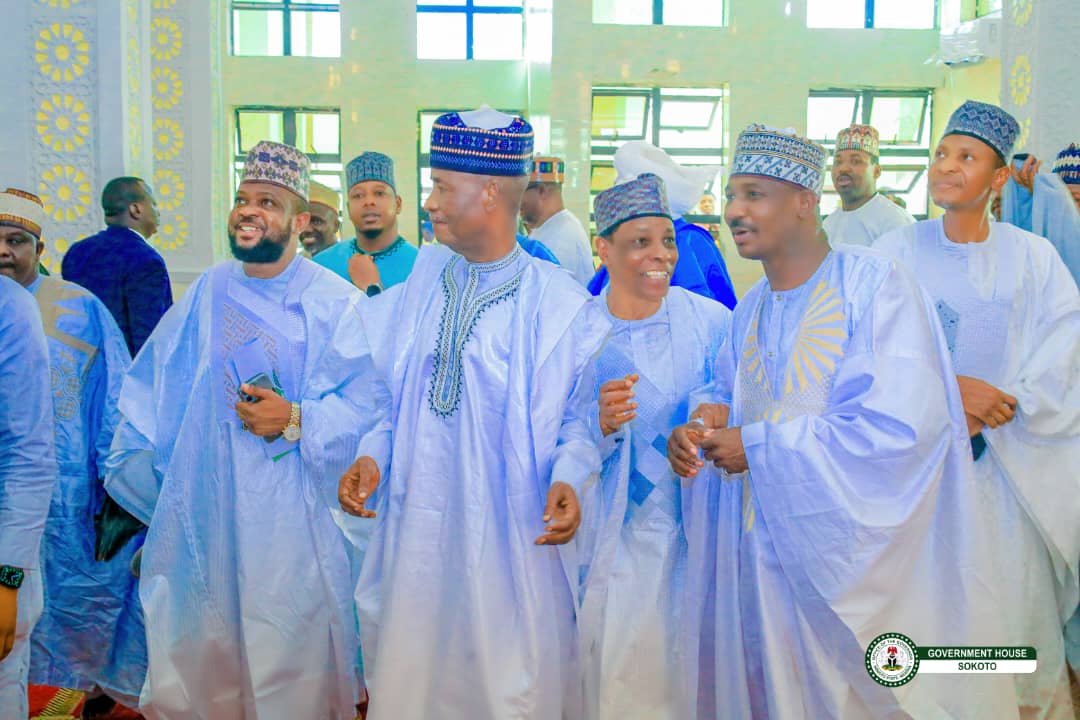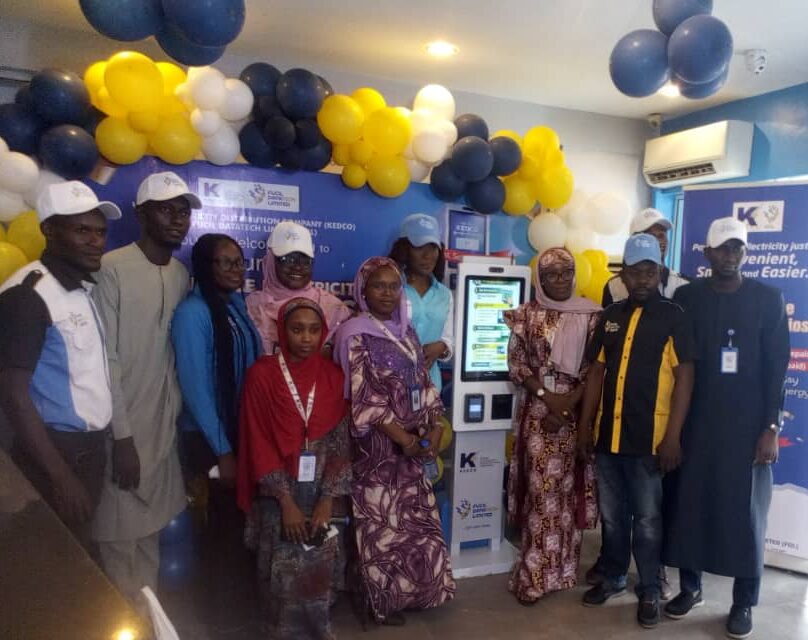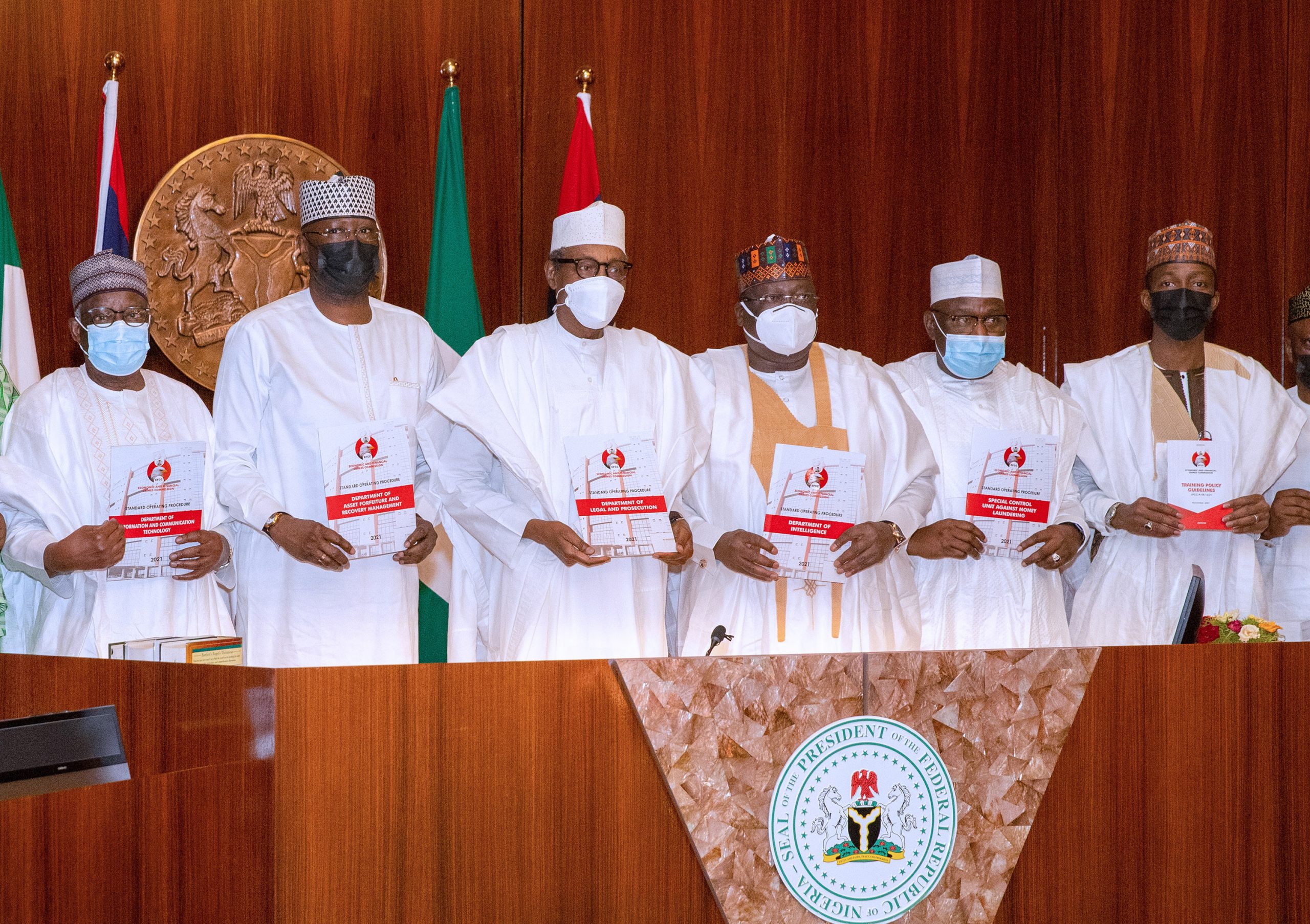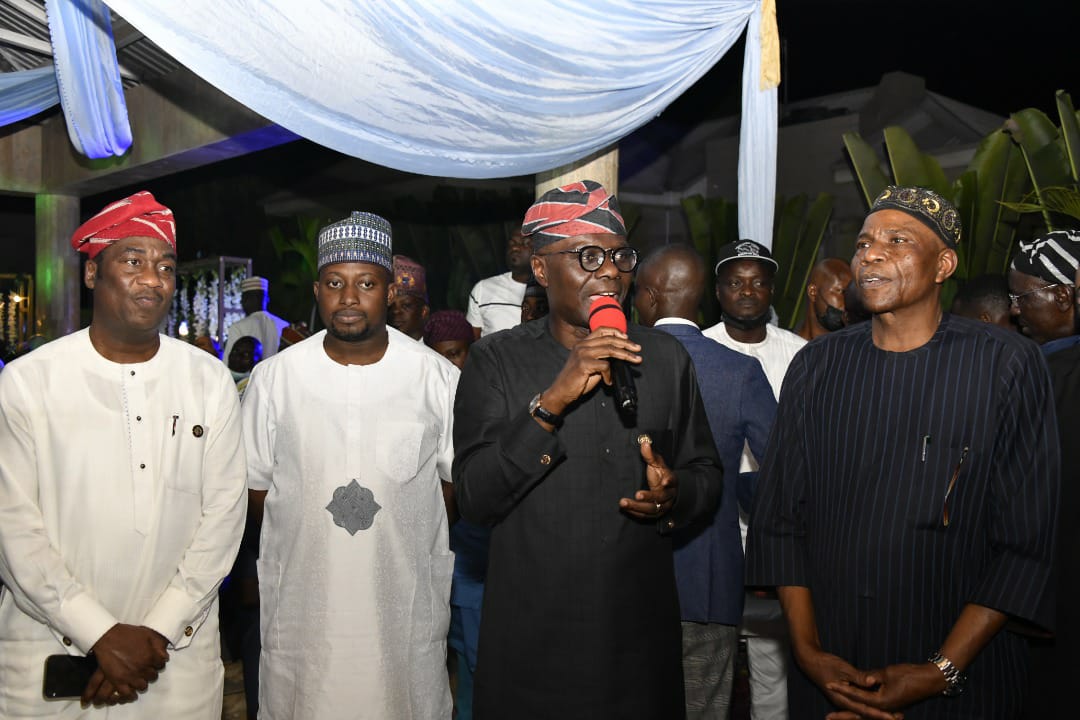By Julius Olawale
President Muhammadu Buhari has advised the Chairman of the the Economic and Financial Crimes Abdulrasheed Bawa not to allow the commission to be used for settling political and personal fights.
The President gave this advice while unveiling of the EFCC Standard Operating Procedures, Policies, and Manuals, at the State House, Abuja
The President, noted that the documents were in line with his administration’s vision to institutionalize the fight against corruption. “I am glad to note that the war against corruption, which is one of the cardinal objectives of this administration, is being strengthened through the institutionalization of operational procedures, particularly as they form the building blocks of transparency and accountability in administration and public expenditure,” he said
He also lauded the Commission under the leadership of Bawa for securing 2,220 convictions and recovering over N152billion and $285m in one year.
Buhari used the occasion to advise Ministries, Departments and Agencies of Government, especially law Enforcement Agencies which were yet to standardize their processes to emulate the EFCC. “I would like to use this opportunity to encourage other Ministries, Departments and Agencies of Government, especially Law Enforcement Agencies to ensure the standardization of their processes within the extant laws and regulations as provided in our statutes.”
While pledging his administration’s commitment to “ensure the sustainability of initiatives already commenced in actualizing our vision of a corrupt free society”, President Buhari charged the EFCC to avoid being used for partisan politics or get dragged into personal disputes. In his words, “I must advise the leadership and operatives of this Commission to resist the temptation of being used for partisan politics or be dragged into personal disputes. Your job is to serve the nation in its efforts to entrench good governance”.
Earlier in his opening remarks, EFCC Chairman, Abdulrasheed Bawa said the unveiling of the 26 Standard Operating Procedures, and 25 Policies and Manuals of the Commission were in fulfillment of the pledge he made at his screening before the National Assembly, to discourage discretion in the work of the Commission by standardizing its processes and procedures.
He explained that with the Policies and Manuals, the Commission now boasts of a unique DNA as all personnel know what is expected of them per time.
He further disclosed that the Policies and Manuals were in tandem with the strategic vision of the Commission as contained in the EFCC Strategic Plan (2021 -2025). The Plan, according to him, “is anchored on five objectives of increased public engagement, improved systems and processes, intelligence driven investigation, prosecution and assets recovery, improved law enforcement coordination and collaboration and enhanced institutional and human capacity development”.
“We have in the last one year restructured the Departments and Units of the Commission for improved efficiency. I established a Department of Intelligence to drive my vision for intelligence-led investigation. The Commission designed and launched a crime reporting Application, Eagle Eye, the first of its kind in Nigeria. The App which was launched in July 2021 is now a treasure trove of intelligence for the Commission.
“I have also restructured the Legal and Prosecution Department and the Special Control Unit Against Money Laundering, SCUML. The training arm of the Commission, the EFCC Academy has been renovated and fully primed to deliver its objectives.
“The morale of staff of the Commission have also improved in the last one year,” he said.
Bawa commended the President for approving an enhanced welfare scheme for the Commission and concluded by saying that, “there is nothing wrong with Nigeria that cannot be right, with what is right about Nigeria.”
Among the documents unveiled are Standard Operating Procedure for Departments and Units, Policies On Codes and Standards of Professional Behaviour; Use of Firearms and Ammunition, Orderly Room Trial; Staff Welfare; Document Security and Classification; Health, Safety and Environment; Sexual Harassment and Bullying, Health, Official Correspondence, Information and Communication Technology Acceptable Usage, Official Vehicles and Fleet, among others.












